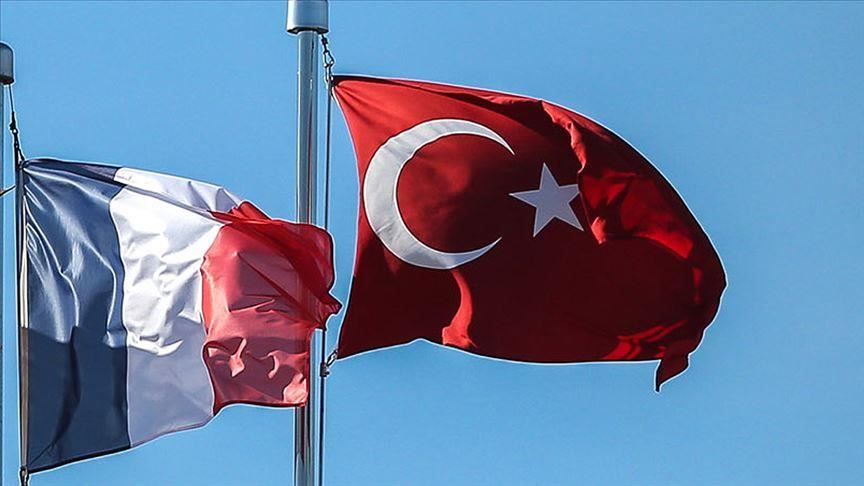France ‘s relations with Turkey are a striking example of the complex relationship between politics, the right to asylum and military and economic power. In 2012, Turkey was France’s fifth-largest trade outlet — and Turkish nationals fifth among nationalities granted asylum by the French Office for the Protection of Refugees and Stateless Persons (OFPRA).
Despite the prefectural authorization of demonstrations of support for the PKK and the official alliance with the PYD within the framework of the international coalition to fight against IS, Kurdish political refugees are nevertheless prosecuted on French territory for “activities linked with a terrorist enterprise”. If, until the mid-2000s, France served as a rear base for the political activities of the Kurdish diaspora, it has become, through diplomatic relations with Turkey, a hostile zone for its activists.
In January 2007, thirteen Kurds from Turkey were arrested in the Paris region as part of an investigation for financing terrorism, including several important figures of the PKK. Revealed by Wikileaks, a diplomatic telegram from Ankara relates the satisfaction of the Turkish Foreign Ministry after this arrest2. But Patrick Devedjian, close to the President of the Republic Nicolas Sarkozy, also a fervent defender of the Armenian community, announces that there will be no extradition, since Turkey is not a democratic country. A remark deemed “scandalous” by Ankara, which says that the priority is to encourage France to make arrests and that PKK militants “remain behind bars”.
But two weeks later, eight of the thirteen arrested were released under judicial supervision. It turns out that several of them have close ties with the Direction de la surveillance du territoire (DST) as informants for this French counterintelligence service3. Their lawyer then wonders: “Brutally, we criminalize their actions, while the services know everything about their activities. This raises the question of the à la carte use of the DST and General Intelligence, depending on political agendas. An agenda that coincides with a presidential campaign marked by Nicolas Sarkozy’s refusal of Turkey’s accession to the European Union (EU) as well as by stormy bilateral relations triggered by the French government’s decision to penalize genocide denial Armenian. Far from being a news item, this affair illustrates to what extent the members of the Kurdish diaspora are, always and everywhere, caught up in diplomatic issues that go beyond their own struggle.
In 2008, anti-terrorism prosecutors, judicial officers and extradition experts from several European countries meet in Istanbul to discuss their respective practices and try to overcome the obstacles to the extradition of terrorists to Turkey. The latter indeed provides information concerning the active members of the PKK in Europe to several countries and declares itself “frustrated” not to see these arrests, however carried out with its assistance, followed by extraditions.
All the participants agree that “the shield of asylum” is a real “obstacle to appropriate extradition” and that the withdrawal of protection seems to them the most relevant way to overcome it. During this meeting behind closed doors, France deplores the fact that there are no means of contacting Turkey informally to verify the authenticity of the documents provided by the applicants prior to the granting of protection. An illegal practice that does not prevent Turkey and France from finding alternatives to extradition.
In 2011, the two countries signed a vast agreement which guarantees cooperation between the Turkish and French police and gendarmerie, particularly in cases concerning illegal immigration, money laundering and drug trafficking. The agreement explicitly aims to fight against the PKK, and legitimizes the arrests in France of suspected members of the Kurdish organization, at the request of Turkey.
Numerous arrests preceded the signing of this agreement: 70 members of the PKK were arrested on French soil between 2010 and 2011 and, according to the Kurdish Democratic Council in France (CDK-F), nearly 700 people were placed in custody on sight between 2006 and 2012. For lack of being able to extradite the activists to whom it has granted asylum, France also issues, through the OFPRA, more refusals of protection, withdraws refugee status from those ‘it arrests and uses administrative law as an obstacle to the stay of members of the PKK who already live in the territory.



